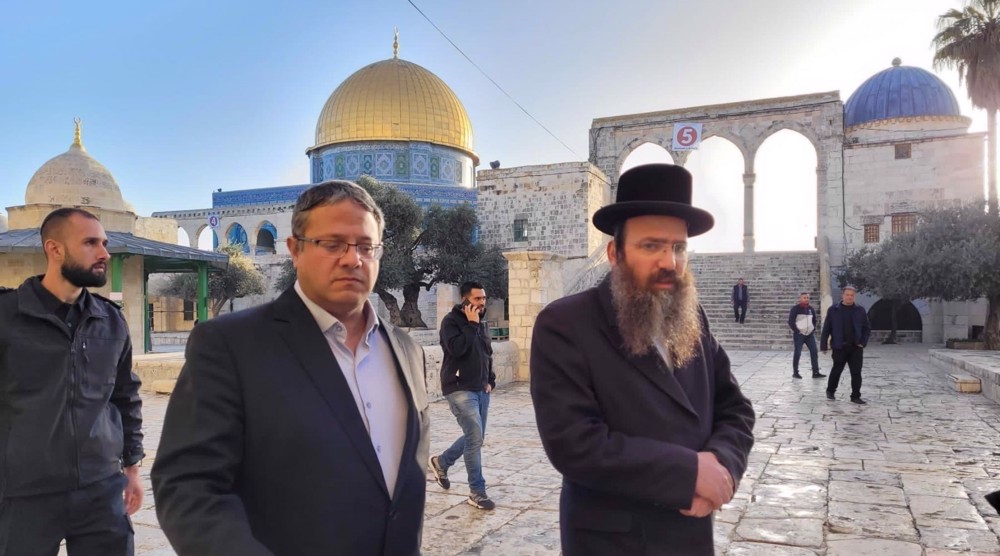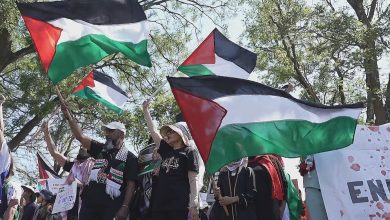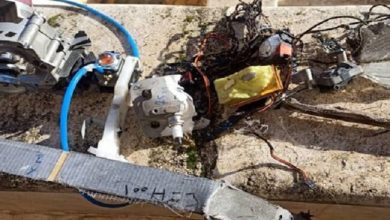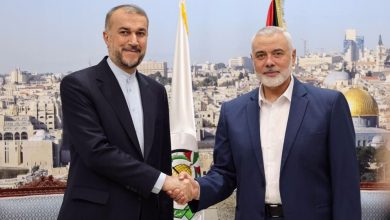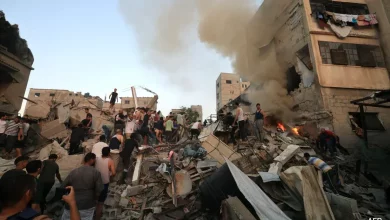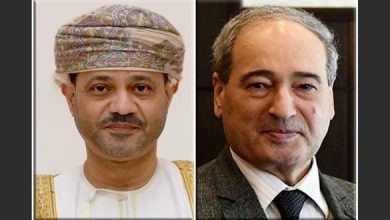UN Security Council says worried, fails to take action after Israeli minister’s storming of al-Aqsa
UN Security Council members have underscored the need to maintain a decades-old status quo at the al-Aqsa Mosque compound in the occupied Old City of al-Quds after the recent Israeli desecration of the holy site.
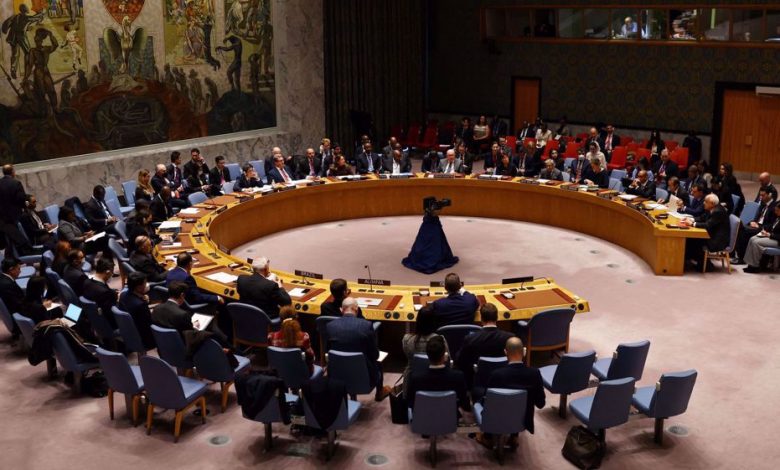
The move was prompted on Thursday after a contentious visit by far-right Israeli minister Itamar Ben-Gvir to the al-Aqsa Mosque, which infuriated Palestinians over the breach of the holy site’s status quo that allows only Muslim worship at the compound.
The 15-member council discussed the Israeli storming following a request by the United Arab Emirates and China, with the Palestinian envoy and the occupying regime’s representative trading barbs over the sacrilegious move at the world body.
Palestinian UN envoy Riyad Mansour said Israel was acting “with absolute contempt,” and pushed for the Security Council to take action against the illegal entity, stressing, “What red line does Israel need to cross for the Security Council to finally say, enough is enough?”
Senior UN political affairs official, Khaled Khiari, told the 15-member council it was the first visit to the site by an Israeli cabinet minister since 2017.
“While the visit was not accompanied or followed by violence, it is seen as particularly inflammatory given Mr. Ben-Gvir’s past advocacy for changes to the status quo,” Khiari said.
Robert Wood, the US deputy UN ambassador, told the council that Washington is “concerned by any unilateral acts that exacerbate tensions,” and called for the “preservation of the status quo with relation to the holy places.”
UN Secretary-General Antonio Guterres also urged the two sides to refrain from steps that could escalate tensions in and around the holy sites across the occupied Palestinian territories.
After the two-hour session wrapped up, Mansour voiced satisfaction at what he called the “unanimity (of the Council) to defend the status quo,” adding he did not expect further concrete action from the world body.
Gilad Erdan, Israel’s ambassador to the UN, called the session “absurd” and said there was “absolutely no reason” for the meeting to be held.
Tuesday’s visit by the Israeli minister has sparked a wave of international condemnation, including from the United States, a longstanding ally of the occupying regime, as well as Palestinian authorities and the Muslim world.
Ismail Haniyeh, head of the political bureau of the Palestinian Hamas resistance movement, has called upon Muslim leaders to rise up and defend al-Aqsa Mosque against the dangerous plots of Israel’s most far-right cabinet in history.
Haniyeh called for immediate and effective measures to safeguard al-Aqsa Mosque and stop incursions and sinister plans of Israeli occupiers.
Hardline Israeli legislators and settlers regularly storm the al-Aqsa Mosque compound in the occupied city, a provocative move that infuriates Palestinians. Such mass settler break-ins almost always take place at the behest of Tel Aviv-backed temple groups and under the auspices of the Israeli police in al-Quds.
The al-Aqsa Mosque compound, which sits just above the Western Wall plaza, houses both the Dome of the Rock and the al-Aqsa Mosque.
The Israeli regime enables the Jewish visitation of al-Aqsa despite the fact that an agreement signed between Israel and the Jordanian government in the wake of Israel’s occupation of East al-Quds in 1967 prohibits non-Muslim worship at the compound.
Back in October 2021, an Israeli court upheld a ban on Jewish prayers at the al-Aqsa Mosque compound, after an earlier lower court’s decision stirred outrage among Palestinians and across the Muslim world.
Judge of the district court in al-Quds Aryeh Romanov on October 8 confirmed that Jews are barred from worshiping openly at the site and only Muslims are permitted to pray there.
In May 2021, frequent acts of violence against Palestinian worshipers at al-Aqsa led to an 11-day war between Palestinian resistance groups in the besieged Gaza Strip and the Israeli regime, during which the regime killed at least 260 Palestinians, including 66 children.
Palestinians want the occupied West Bank as part of their future independent state and view al-Quds’ eastern sector as the capital of their future sovereign state.
